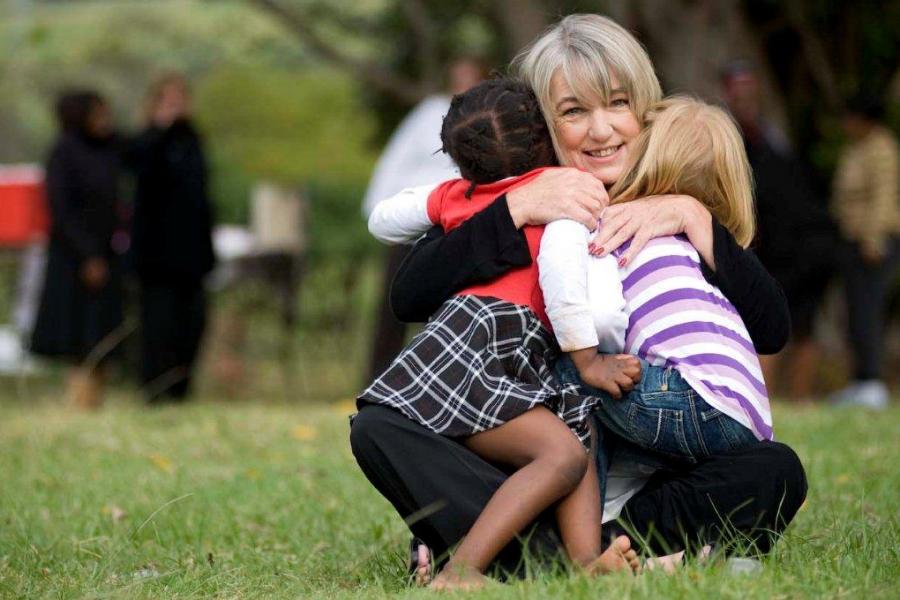Scenester TV: Q&A With Jackie Branfield: Founder & Director of Operation Bobbi Bear

Operation Bobbi Bear is rebuilding the justice system for children in South Africa who have been abused so they can gain access to treatment, recovery and care. Operation Bobbi Bear acts as a filter between police and children who have been assaulted. Children who report abuse are taken to a safe, comfortable place rather than an intimidating environment, where they are given a bear to draw on. The goal for the organization is to make coming to the authorities easier for children so they are more likely to report abuse within the first 24 hours and be treated for HIV.
Q: What inspired the idea/concept for Bobbi Bear? And when did you start it?
Answer: The simple answer is injustice. At that time, woman and children had no rights, and children contracting HIV/AIDS and deeply suffering from the effects of long-term physical abuse caused by the adults surrounding them. The concept of Operation Bobbi Bear began in July 2000, and by October 29, 2001, we were registered as a non-profit organization—nearly 16 years ago to date.
Q: It must be hard to initially find out about the sexual abuse, how does Bobbi Bear usually find out?
Answer: Bobbi Bear is always contacted by the Police, the schools, the community or any other place where children frequent. Our Edu-Toy—which uses puppets and stories to teach children about HIV, their bodies, the difference between a good and bad touch, and abuse—brings a huge amount of awareness in the various communities and schools, so when an adult notices behaviour changes,
Bobbi Bear is called out. Most children in our communities know of Bobbi Bear and will request our help if they are in any form of trouble.
Q: What is more challenging, discovering and approaching childhood sexual abuse in first place, or effectively dealing with it?
Answer: In Africa, both are equally challenging. We cannot concentrate on one without the other. The Bear is used to find out if penetration has occurred, if body fluids have exchanged and in what
time period, so that PEP (post-exposure prophylaxis) can be obtained within the 72 hour window period. At the same time, trying to source qualified psychologists, lawyers, appropriate hospitals,
and work collaboratively with police is a huge challenge. We find ourselves deeply involved in the initial stages of contact with children, but the aftercare is just as important.
Read the complete story at Scenester.TV